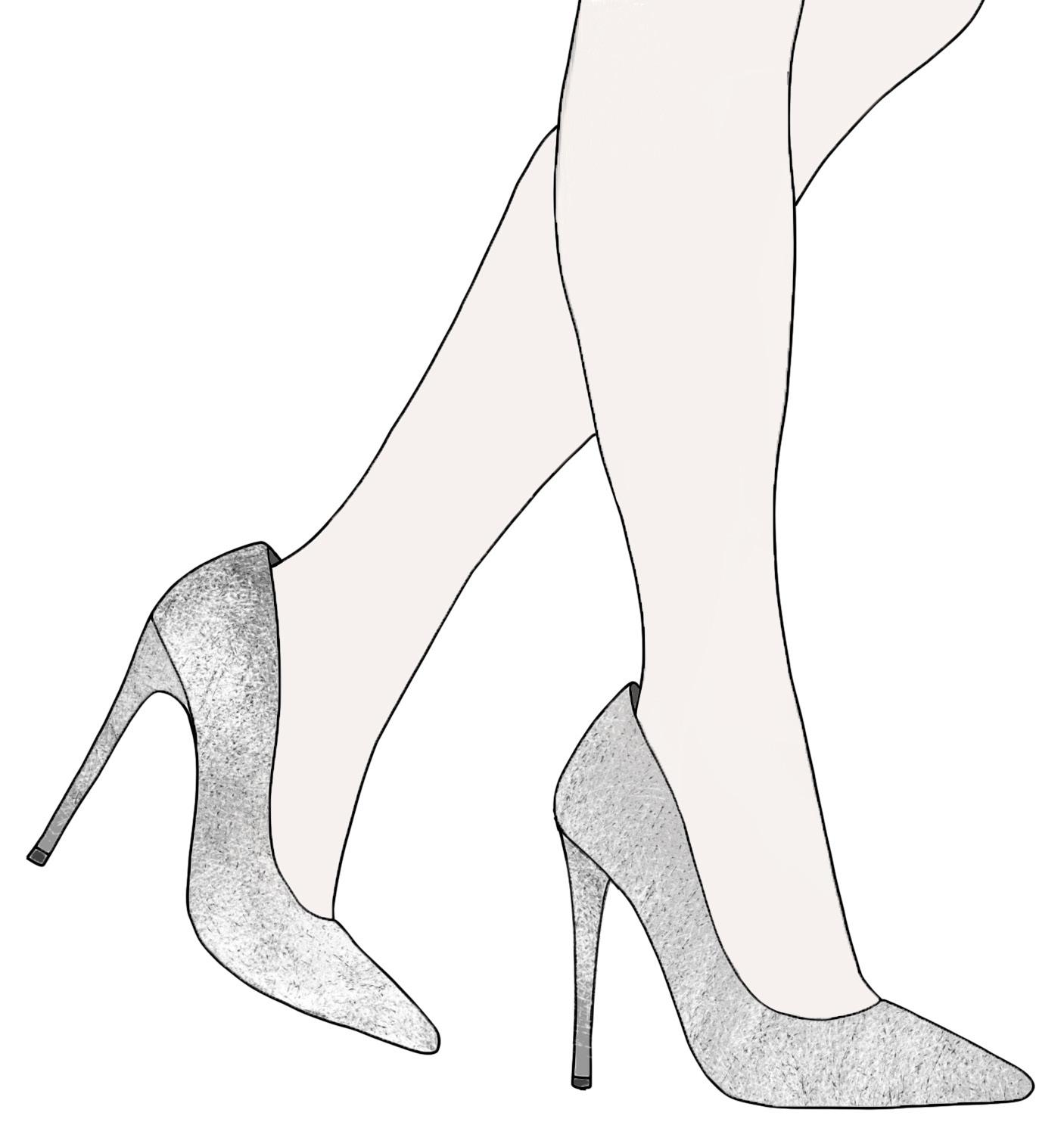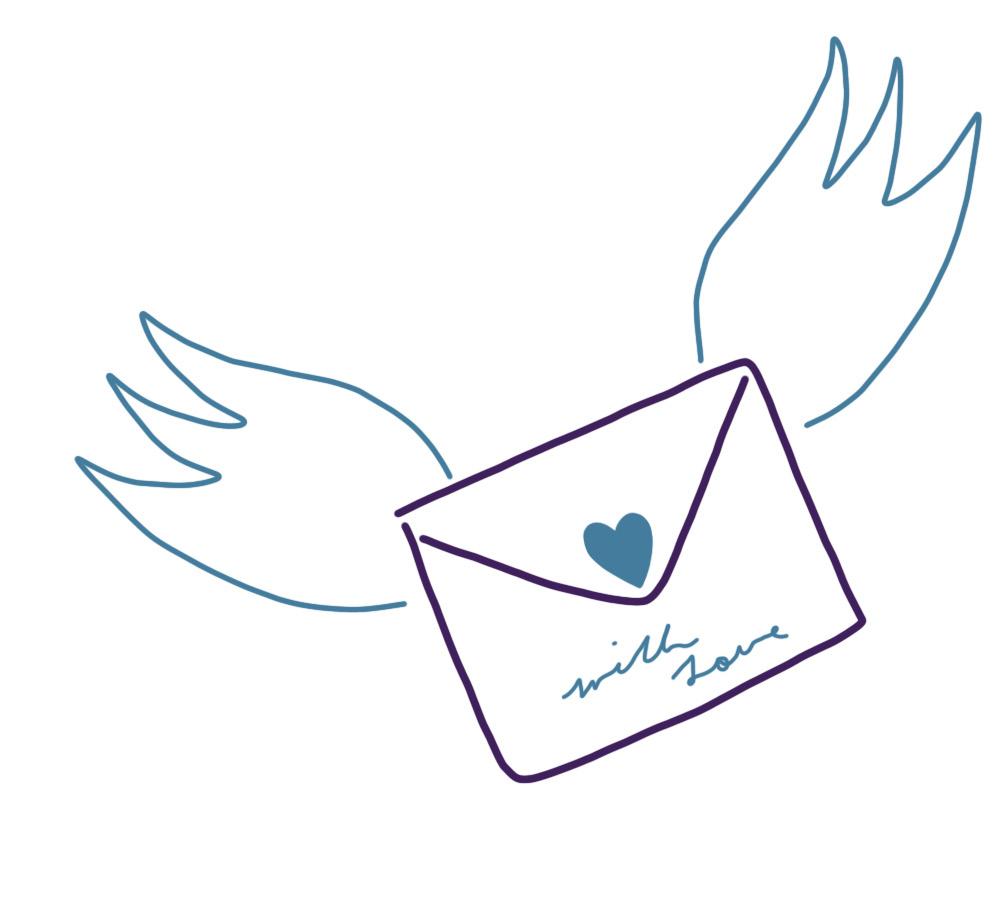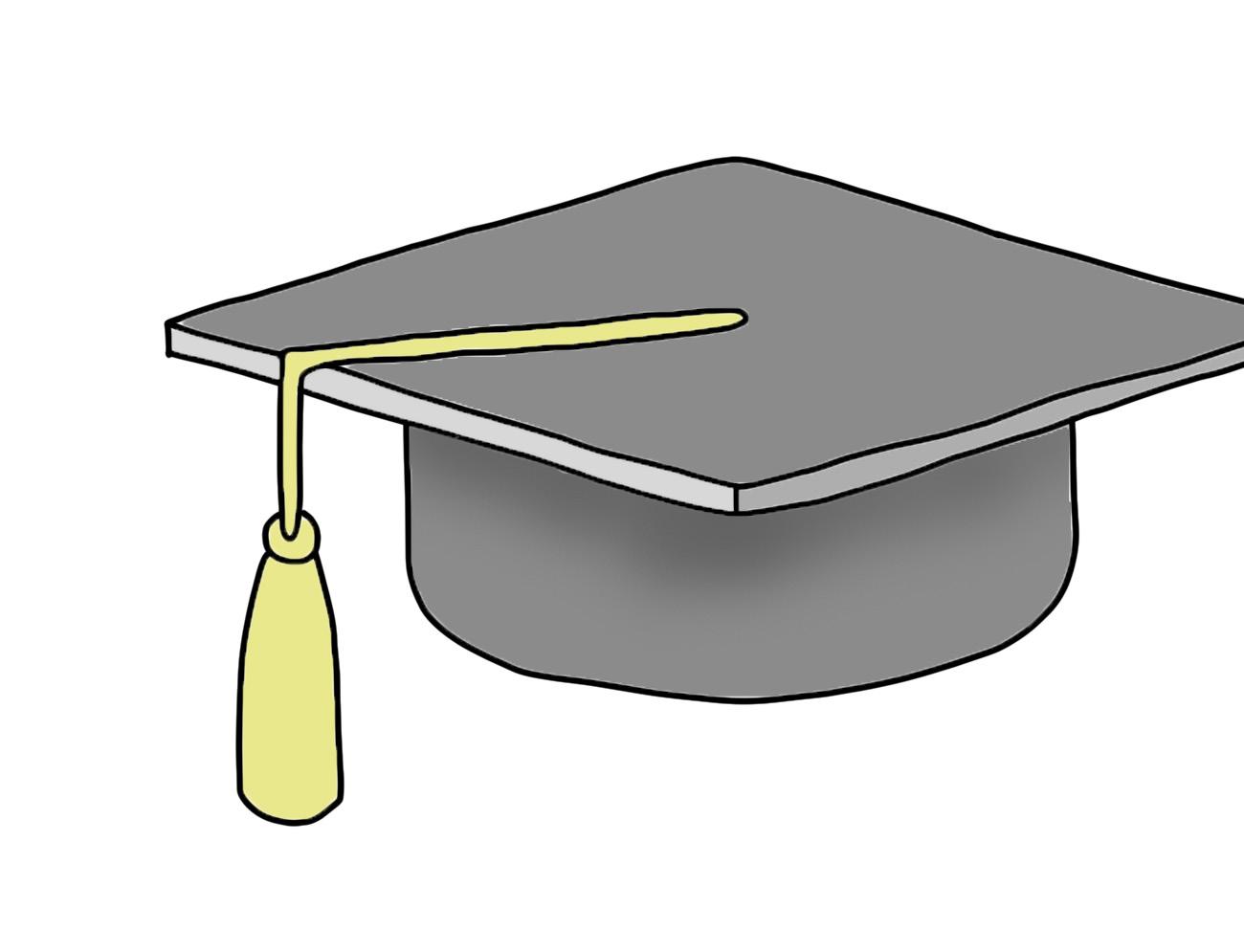Dress Power. Written by Natasha Slater. The suit has served as a symbol of power
and and criticism - by the media, and
and status in its various forms for at
most recently the South Australian Law
least the last century – an unequivocal,
Society’s Guidelines for Dress Standards
uncompromising uniform signalling au-
in Court.
thority to passers-by. It is the dress-code of the professional world, and histor-
However, there is a mixed message
ically has been worn by men. When a
proliferated to young women in the legal
suit walks into the law school, onlookers
profession, as whilst during the day they
wonder where they have been – an in-
must imitate the male outfit to meet
ternship, a moot, or the holy grail – real
dress standards, at graduate recruitment
paid work.
events such as ‘cocktail nights’ they are required to wear the opposite. At such
42
But do women truly have access to this
events, the male prospective employees
power of dress? For one, the female suit
will wear essentially the same outfit that
is often coined a ‘power suit’, perhaps
they donned for their interviews – albeit
suggesting that it is only through such a
with a different tie and perhaps funky
garment that authority can be truly har-
socks. The young female graduates,
nessed. Importantly, there are trailblaz-
however, in adhering to the dress code
ing young politicians formulating their
of cocktail are required to put on an
own styles of power dressing, accompa-
ensemble a world away from what would
nying authentic new takes on leadership
be expected in the workplace. At such
styles. Nevertheless, it remains difficult
times the internal monologue begins –
for young professional women to source
how can I wear a cocktail dress whilst
work attire, and when they do, their
continuing to appear as professional as
choices come under immediate scrutiny
my male counterparts, and simultane-













